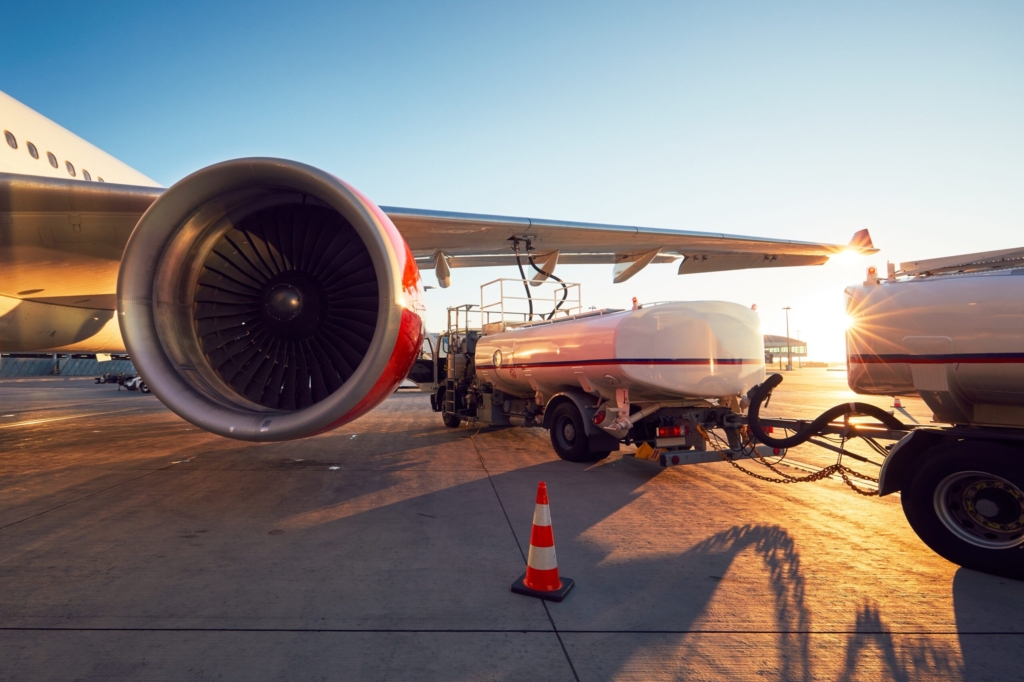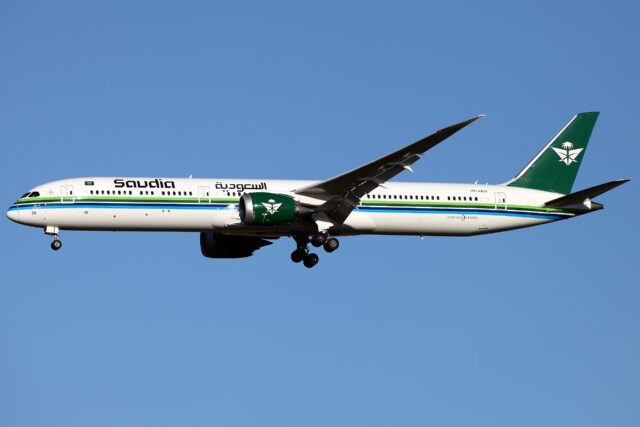Europe launches €3 billion plan to scale up sustainable aviation fuel production

November 6, 2025

It’s not often that Brussels writes a cheque this large for aviation. But this week, the European Union announced that it will spend almost €3 billion ($3.5 billion) over the next two years to give wings to a cleaner, greener future for flight.
The funding, unveiled under the Sustainable Transport Investment Plan, marks the EU’s biggest single effort yet to scale up sustainable aviation fuel (SAF) production and cut emissions from air travel.
It comes as Europe’s airlines face tighter climate rules under the ReFuelEU Aviation Regulation, which will require at least 2% of all jet fuel sold in the bloc to be sustainable by 2025, rising to 70% by 2050.
Major EU funding boost for sustainable aviation fuel
The €3 billion package aims to bridge the gap between policy and production. Most of the funding will support efforts to expand Europe’s SAF manufacturing capacity, reduce reliance on imports from the US and Asia, and make green jet fuel affordable enough for widespread airline adoption.
According to officials familiar with the plan, €2 billion ($2.3 billion) will be channelled through the InvestEU programme to build new SAF plants and attract private investment.

Another €133 million ($153 million) will support research under Horizon Europe, focusing on advanced biofuels and synthetic aviation fuels, while €153 million ($176 million) from the Innovation Fund will finance large-scale demonstration projects.
A new “eSAF Early Movers Coalition”, expected to raise around €500 million, will back early production of synthetic e-fuels that can be blended directly with conventional jet fuel.
Europe’s SAF production still faces a steep climb
Despite its global leadership on climate policy, Europe’s actual SAF output remains minimal. The continent currently produces less than 300,000 tonnes per year, compared with the estimated 7 million tonnes needed annually by 2035 to remain on track for net-zero aviation.
The shortfall is driven by the high capital costs of SAF facilities and limited access to sustainable feedstocks. EU officials hope the new investment package will give private investors the confidence to scale up quickly.
A significant focus of the plan lies in synthetic e-fuels, produced by combining captured carbon dioxide with hydrogen generated from renewable power. These fuels can be used in today’s aircraft engines and refuelling infrastructure, an advantage over hydrogen or battery-electric aircraft, which remain years from commercial adoption.

To accelerate development, Brussels plans to hold its first “pooled double auction” in 2026. The mechanism will match fuel producers with guaranteed buyers at pre-agreed prices, giving investors the long-term certainty needed for commercial-scale production.
Industry experts say this could finally create a viable market for synthetic aviation fuels, replacing the cycle of pilot projects that fail to reach maturity.
Safeguarding Europe’s leadership in sustainable aviation
The European Commission also sees the investment as a way to reinforce the continent’s aerospace competitiveness.
By leading the global shift to SAF, Brussels hopes to strengthen companies such as Airbus, Rolls-Royce, and Safran, which are already testing aircraft and engines certified for 100% SAF use.
In a statement, Airbus said the new plan “will help ensure that fuel availability keeps pace with certification and airline demand.”

Rolls-Royce, which has completed multiple SAF trials across its engine families, called the initiative “crucial for maintaining momentum in decarbonising long-haul aviation.”
What’s next for Europe’s SAF expansion?
The European Commission will now finalise project lists with member states and private-sector partners. The first funding rounds under InvestEU are expected in early 2026, targeting plants capable of producing several hundred thousand tonnes of sustainable fuel per year.
Over time, Brussels aims to create a fully integrated European SAF market with harmonised standards, stable pricing mechanisms, and commercial viability at scale.
As one EU transport adviser put it:
“Aviation’s green transition won’t happen overnight. But this investment starts the engines—and keeps Europe in the pilot’s seat.”
















